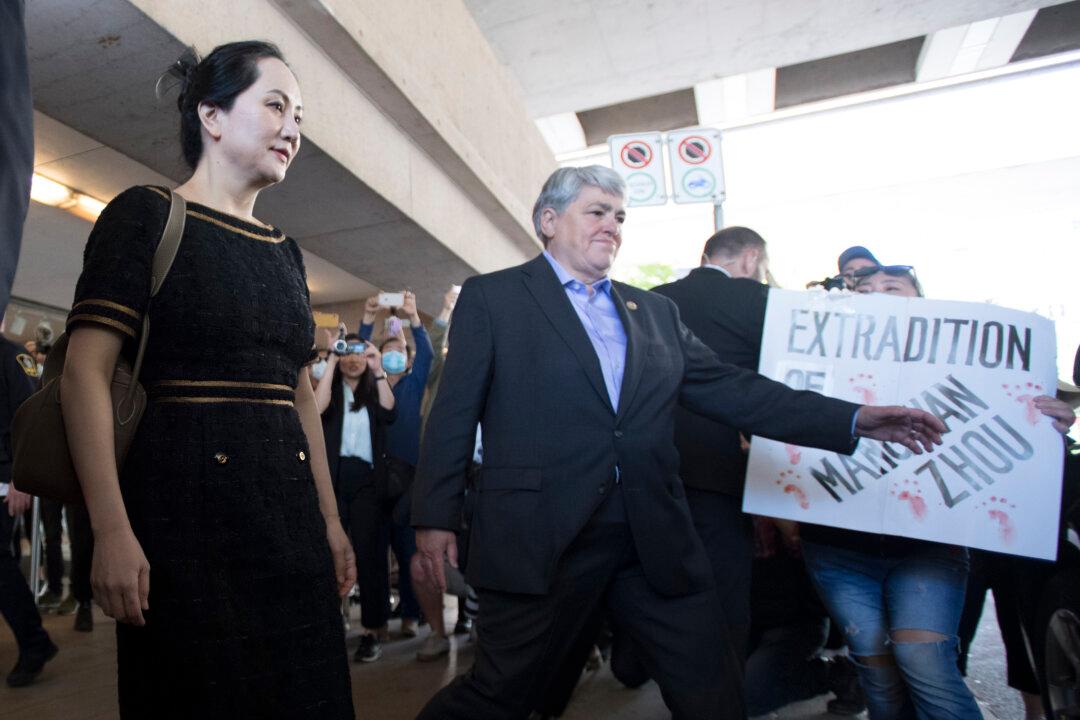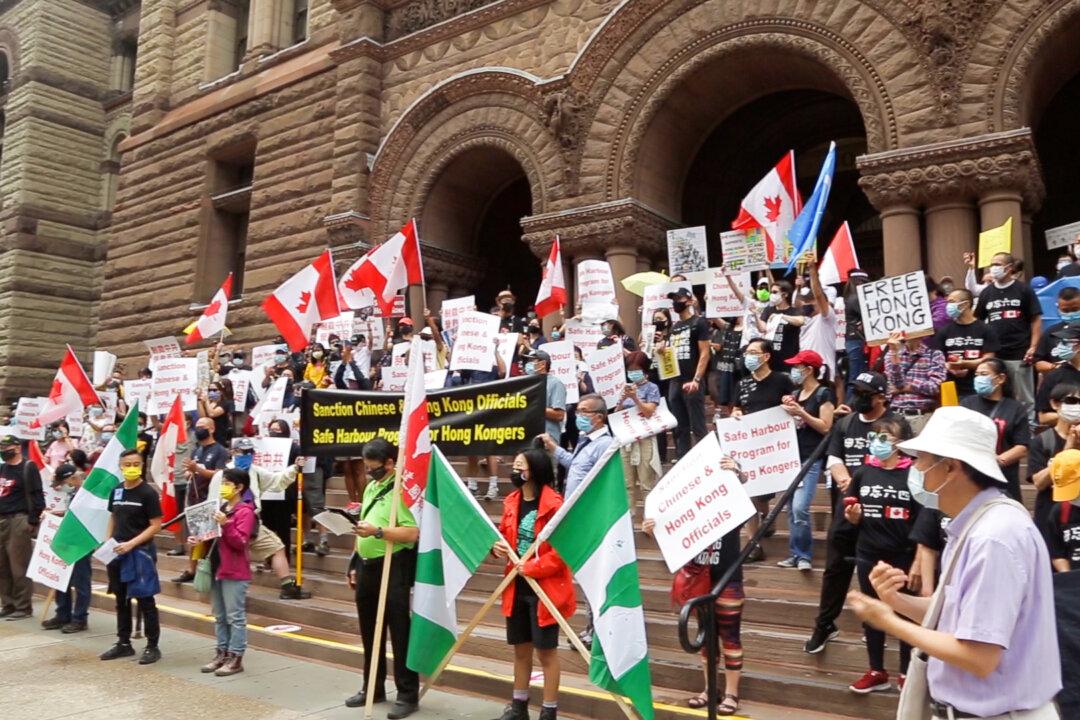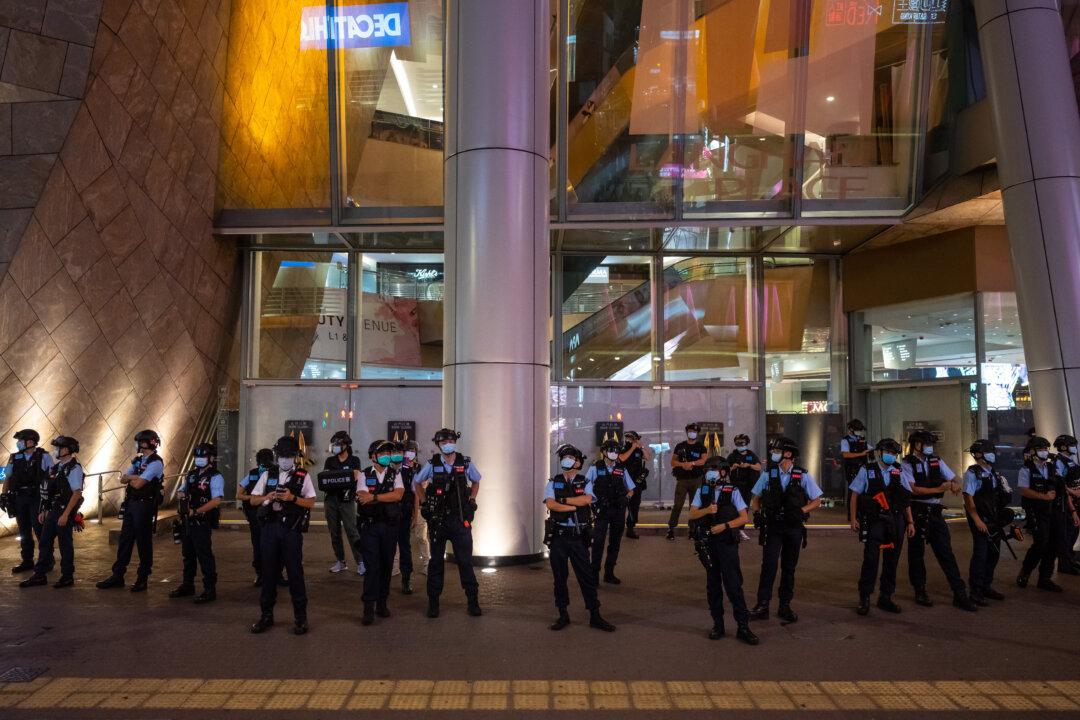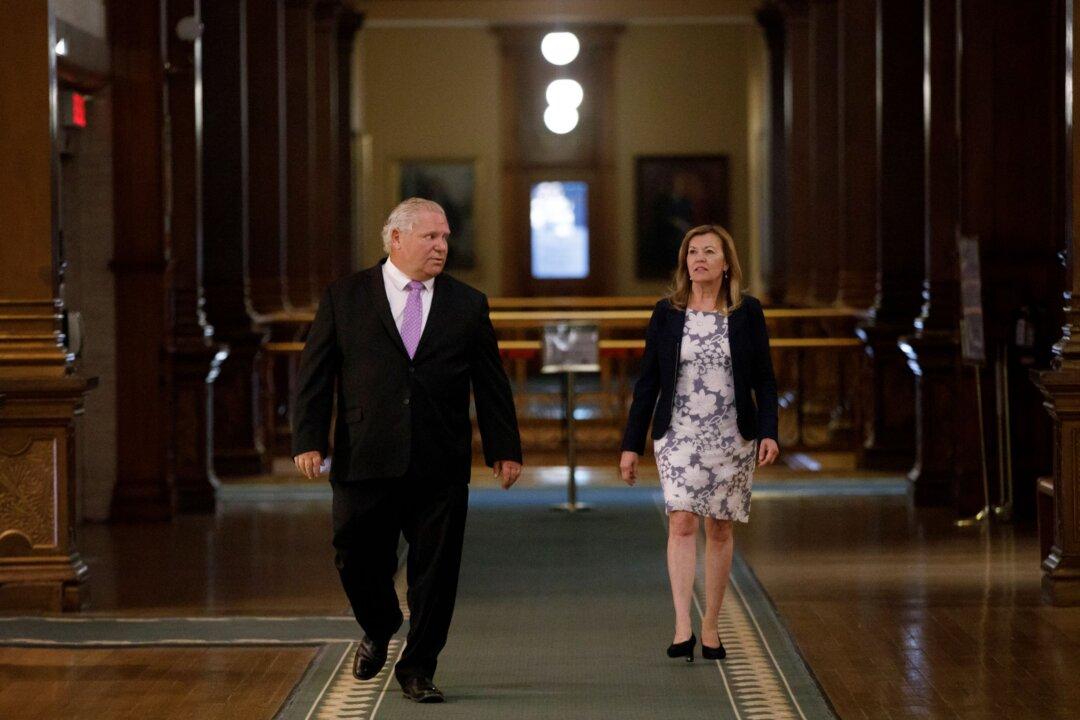More than half of Canadians think Canada should take a more aggressive approach in trying to get Michael Kovrig and Michael Spavor released from detention in China, a new poll finds.
The Nanos Research poll, commissioned by CTV News and the Globe and Mail, also found that two-thirds of respondents think the Meng Wanzhou case should be decided by the courts rather than exchanging the Huawei executive for the “two Michaels” in a prisoner swap.





